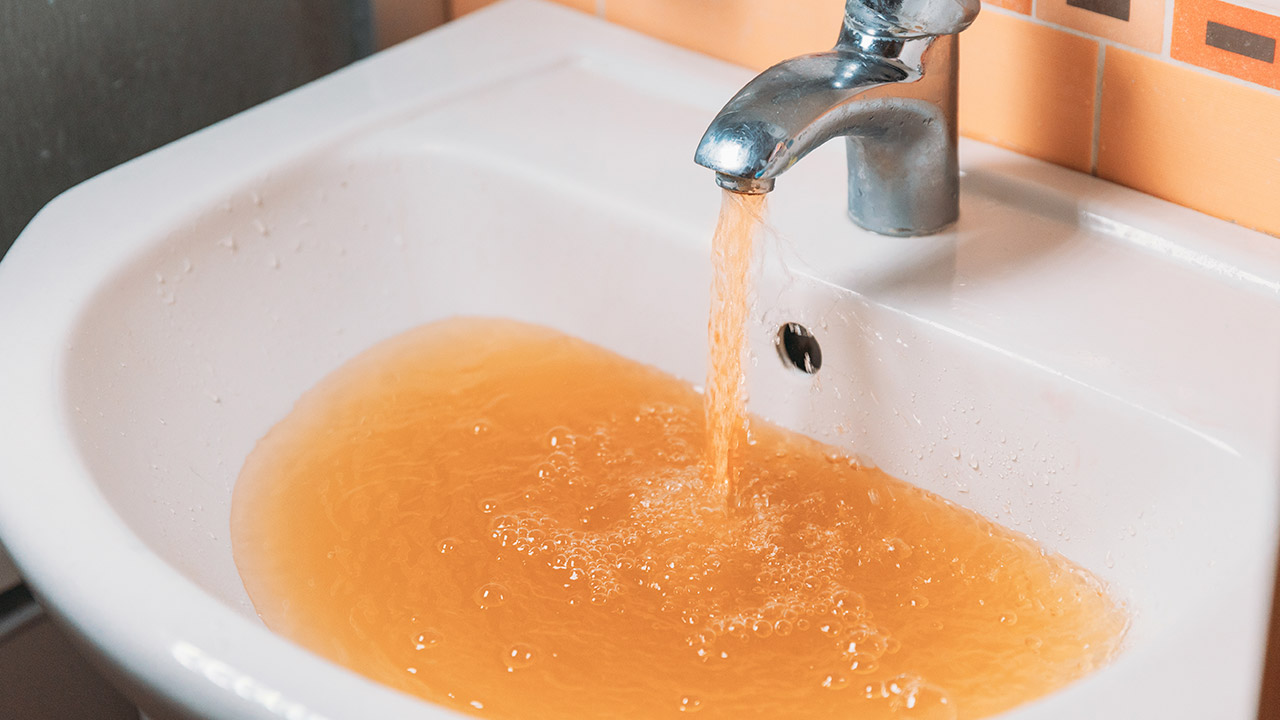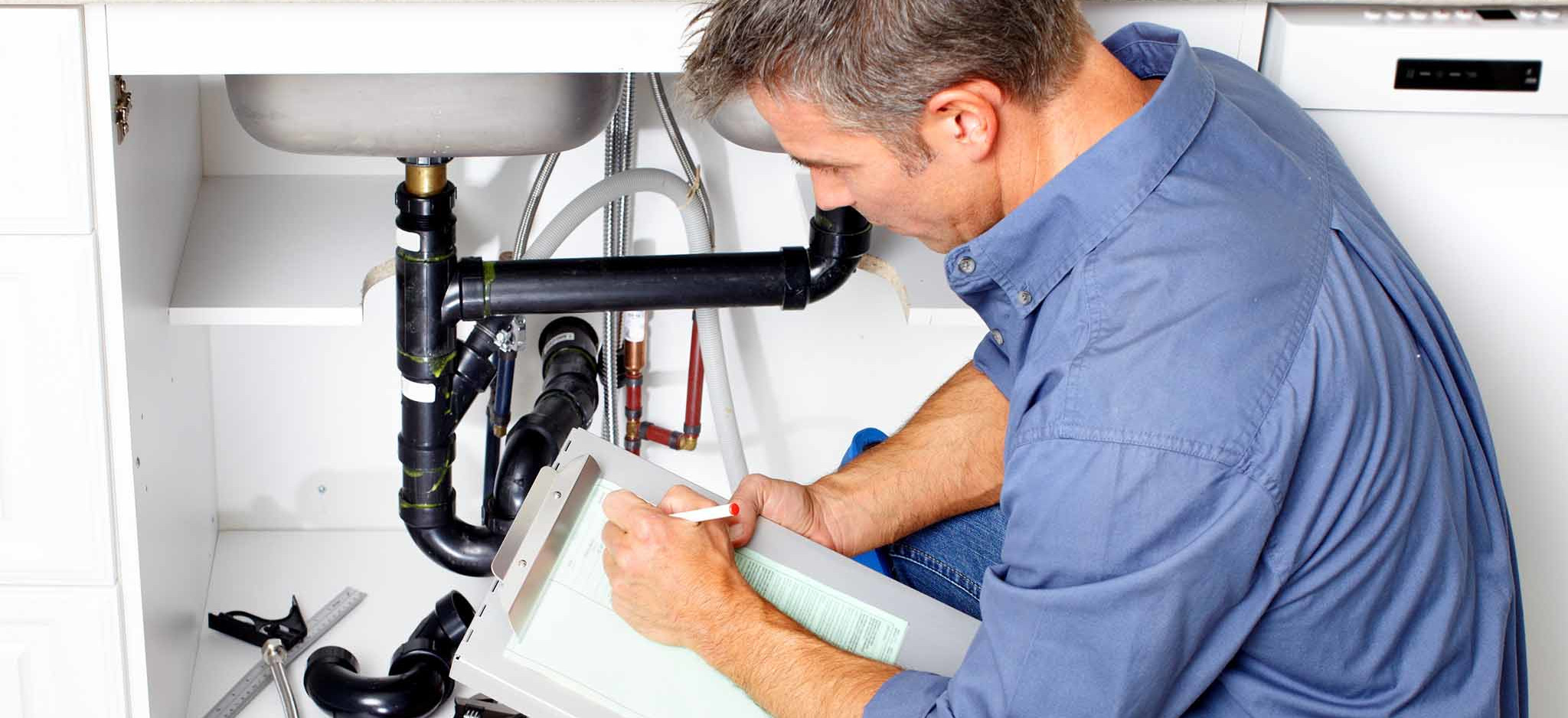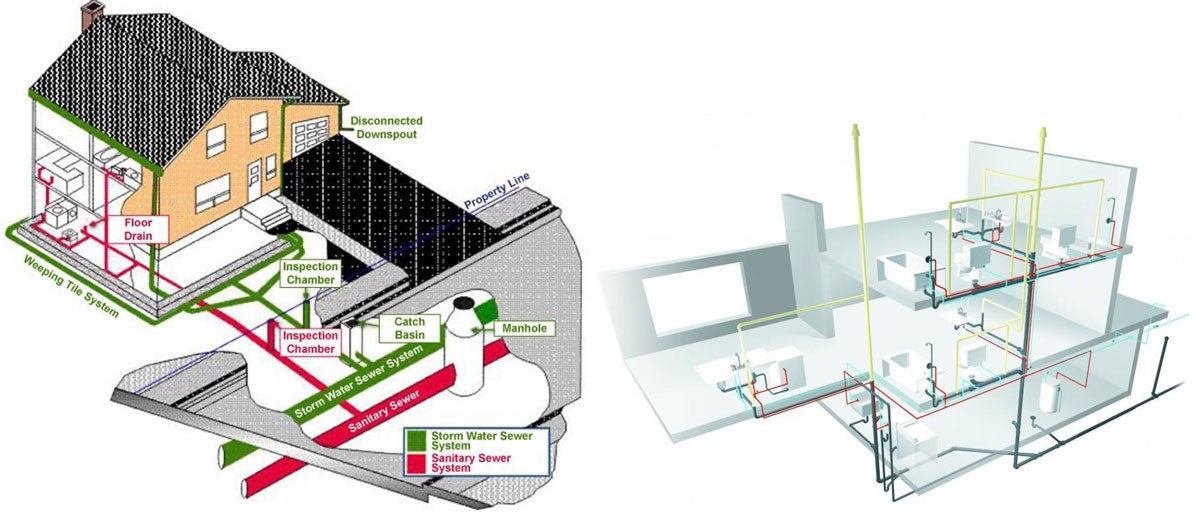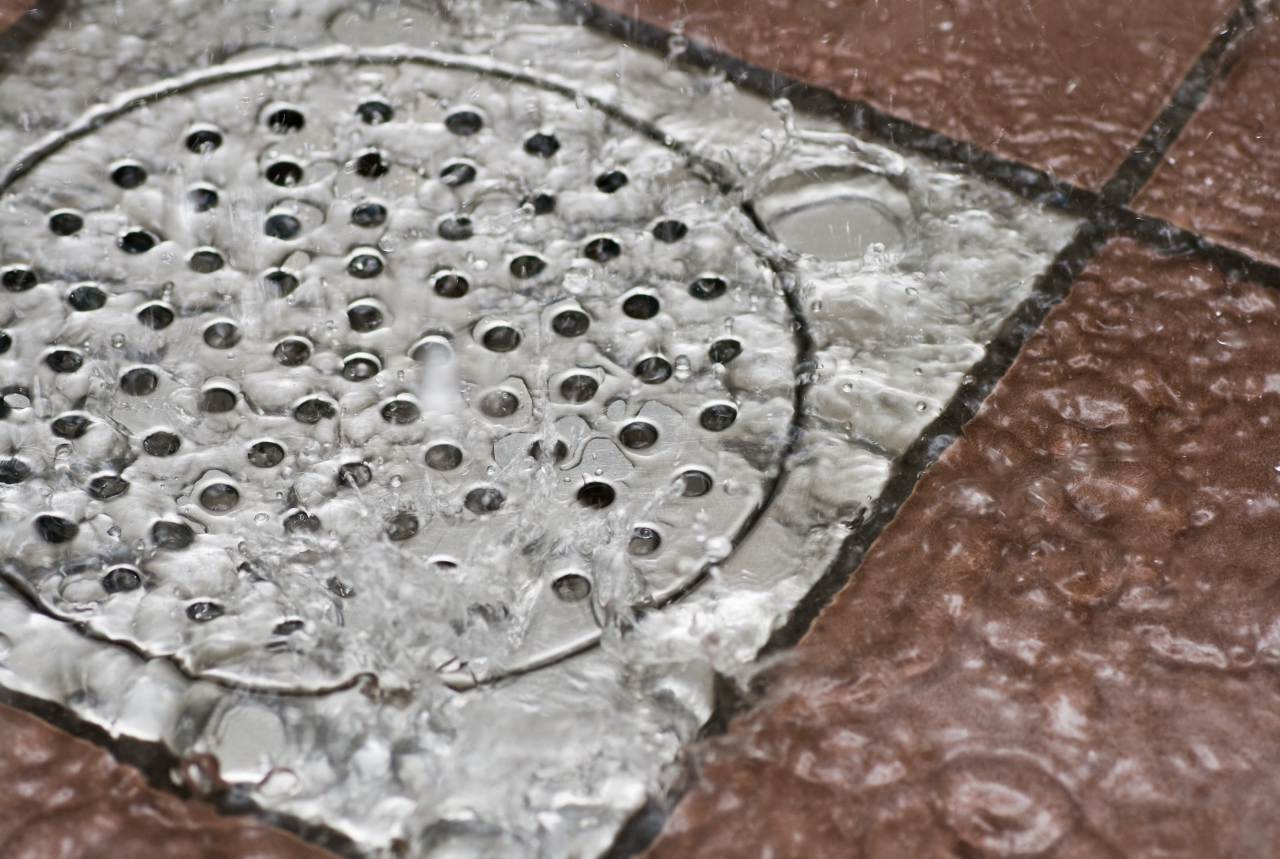Rusty Tap Water: Decoding the Issue
Did you know? According to the EPA, rusty water is typically not a health hazard, but it can indicate plumbing issues that need attention. Discolored water can contain iron, manganese, or sediment that, while generally safe, may stain fixtures and affect taste. Identifying the source is crucial for effective resolution.
Discovering brown, rusty water flowing from your faucet can be alarming, but there's no need to panic. This common plumbing issue has several potential causes, and with proper diagnosis, most can be resolved quickly. Understanding the pattern of discoloration is your first step toward an effective solution.
Diagnosing the Source of Rusty Water
The key to resolving rusty water issues lies in proper diagnosis. By observing which faucets are affected and whether the discoloration appears in hot water, cold water, or both, you can narrow down the potential causes:
Quick Diagnostic Checklist
- Check if discoloration affects both hot and cold water
- Note whether all faucets or only certain ones show rusty water
- Observe if the water clears after running for a few minutes
- Check with neighbors to see if they're experiencing similar issues
- Contact your local water authority about any recent maintenance
When Both Hot and Cold Tap Water Are Discolored
If both hot and cold water appear rusty, the issue likely originates outside your home's plumbing system.
Common External Causes:
- Water main breaks or repairs in your neighborhood
- Hydrant flushing by local fire departments
- Municipal water system maintenance
- Sediment disturbance in main water lines
Should you notice brown sediment or residue in both hot and cold water, check for community "boil water warnings" to determine if this is a widespread issue. If not, promptly contact your local water authority to inquire about any recent maintenance on water mains. This can help identify the cause and estimate the time until your water supply returns to normal.
What Does it Mean When Only Hot Water Appears Discolored?
When rusty water is isolated to hot water faucets while cold water remains clear, your hot water heater is the most likely culprit.
Water Heater Warning Signs:
- Brown or reddish hot water
- Metallic taste or smell in hot water
- Sediment or particles visible in hot water
- Reduced hot water pressure
- Unusual noises from your water heater
Sediment accumulation in the water heater can lead to rusty brown water and accelerate tank corrosion. Address this issue promptly to prevent potential damage to your water heater. Sediment buildup increases the risk of leaks, cracks, and even complete tank failure.
Pro Tip: To resolve water heater discoloration, consider flushing your water heater tank to eliminate sediment buildup. This simple maintenance task can extend your water heater's lifespan and improve water quality. If signs of corrosion are already present, seek guidance from a professional plumber.
What Does it Mean When Rusty Tap Water Is Limited to Certain Faucets?
When rusty water appears only from specific faucets, the issue is likely isolated to the pipes serving those fixtures.
Localized Causes and Solutions:
- Corroded galvanized pipes in older sections of plumbing
- Rust buildup in rarely used fixtures
- Recent plumbing work that disturbed sediment
- Deteriorating faucet components
Older plumbing systems often use galvanized pipes that naturally corrode over time. Running the water for approximately 20 minutes may sometimes clear out small amounts of rust. However, if the issue persists, replacing the affected pipe sections may be necessary for a permanent solution.
Plumb-All: Your Comprehensive Plumbing Solution
Dealing with rusty water can be frustrating, but you don't have to tackle it alone. Plumb-All's experienced technicians can quickly diagnose the source of discoloration and implement effective solutions. For all your plumbing needs, contact Plumb-All at (770) 914-3877 or reach out to us online. We are fully licensed, bonded, and insured, providing unparalleled service throughout Jonesboro and surrounding areas. Call us today—you'll be glad you did!
Ready to solve your rusty water problems?
Call us at 844 PLUMB-ALL


